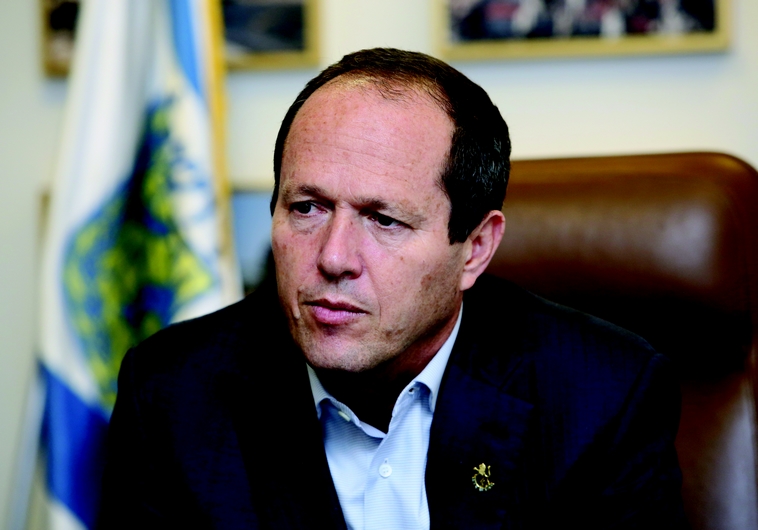Jerusalem Mayor Barkat to JPost: Freezing construction is unconstitutional, nonsensical
In an exclusive interview with the Jerusalem Post Magazine, Nir Barkat lambasts international condemnation of Jewish construction in capital.
 (photo credit: MARC ISRAEL SELLEM)Updated:
(photo credit: MARC ISRAEL SELLEM)Updated: